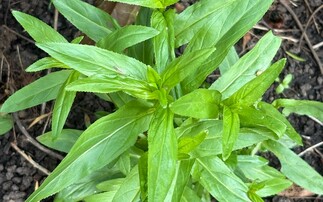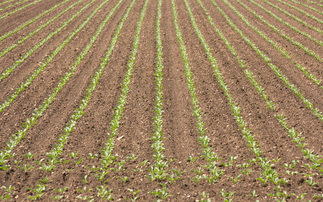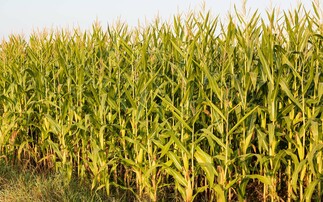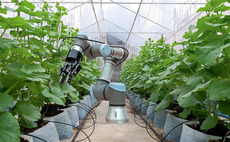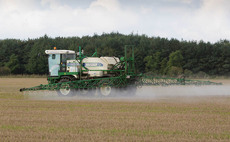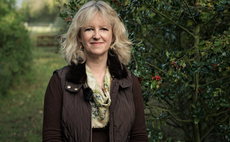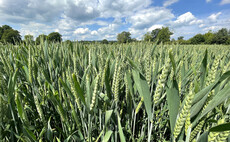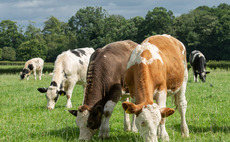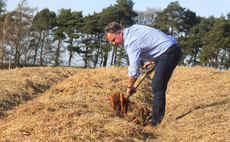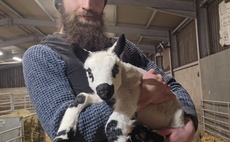
Lincolnshire and North Cambridgeshire have been recognised as one of the UK's foremost agricultural innovation centres
The Universities of Lincoln and Cambridge have been awarded a £4.9 million grant to support their role in driving global agricultural innovation.
The funding was allocated by the Engineering and Physical Sciences Research Council (EPSRC) and it is hoped it will also progress the Lincolnshire and North Cambridgeshire (LINCAM) region - which already supports 88,000 jobs and generates gross value added (GVA) of £3.8 billion to the UK economy - to create export opportunities for agritech companies, as well as boost inward investment.
Simon Pearson, founding director of the Lincoln Institute of Agri-Food Technology said the award would bring multiple benefits to what was one of the UK's most important farming regions.
Opportunity
"Food production accounts for 24 per cent of all UK greenhouse gas emissions, leads to significant biodiversity losses and drives challenging social issues - not least from seasonal worker influxes to rural communities. In addition, farmers are under relentless cost pressures which are eroding supply chain equity and local economies," Mr Pearson explained.
"These challenges are acute across the LINCAM region but this funding award offers an opportunity to harness agritech to secure sustainable growth, bringing high-value and skilled jobs to the region, whilst mitigating the serious environmental impacts of the food production system."
See also: 'Ag Zone' celebrates farming's worth
The University of Lincoln has a long track record of agritech collaboration with the University of Cambridge and its commercialisation arm Cambridge Enterprise. Their work has included the setting up of Agriforwards CDT - the world's first EPSRC centre for doctoral training (CDT) in Agri-Food robotics.
It is hoped LINCAM will broaden participation in the cluster by offering access to the EPSRC funding to all UK higher education institutes involved in Agri-Tech research with the potential to drive economic and environmental or social sustainability in the region. Projects that are successful in securing a share of the funding will be actively mentored by the LINCAM team to accelerate the delivery of results.








